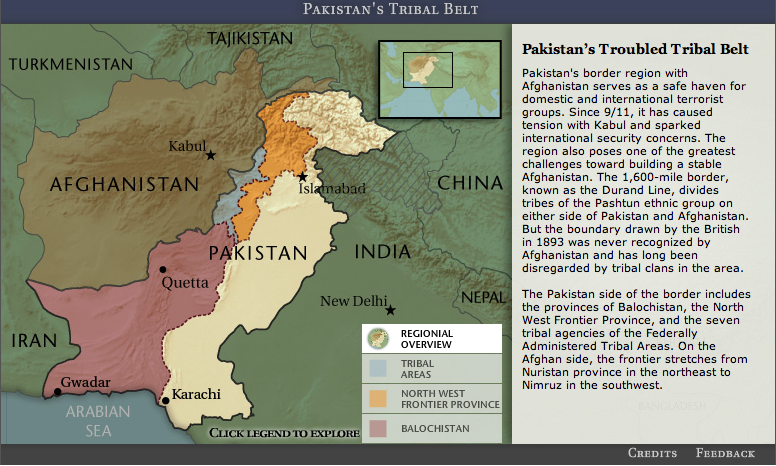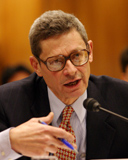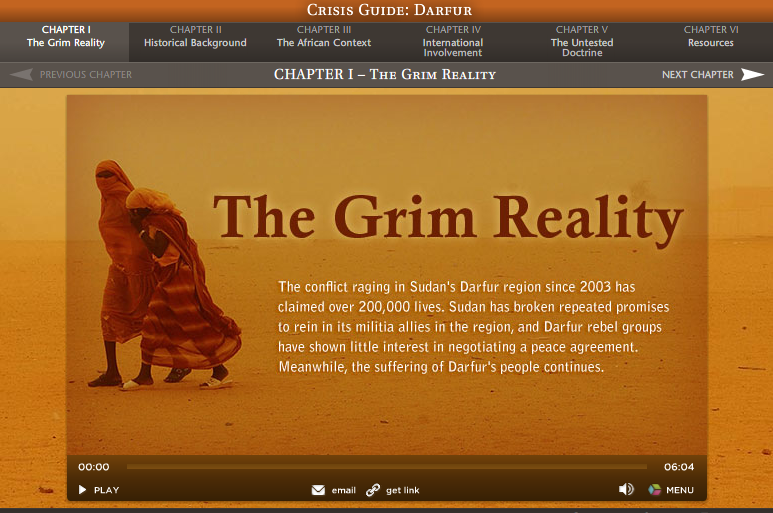CFR.org | India's Energy Crunch
/India’s gross domestic product (GDP) growth hit 9.2 percent for the period from July through September of this year—an increase over the already robust rate of 8.4 percent during the same period last year. But along with an ascendant economy comes a mounting hunger for energy, and New Delhi fears it cannot sustain growth in the long term without continually boosting the country’s energy supply. India’s per capita energy consumption rates remain low in comparison to those of countries like the United States and China. But India, the world’s fifth biggest energy consumer, is projected to surpass Japan and Russia to take third place by 2030. Doing so will test India’s ability to create a domestic policy for its semi-privatized energy sector, as well as its capacity to develop relationships with foreign energy exporters.






